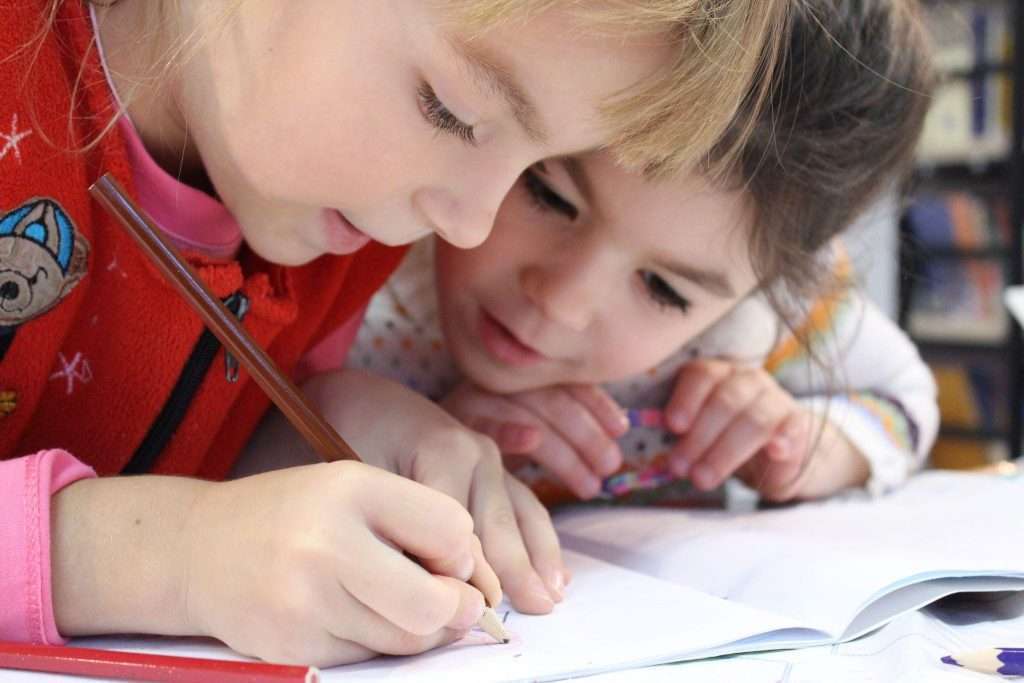
4 Important Benefits of After-School Activities
School occupies the most significant part of any child’s life. Although what they learn in classrooms is important, children need other activities to have a healthy future and life. There are activities that a child can take part in after school that can add to their academic skills and knowledge.
There are several benefits to your child taking part in after-school activities. Speak with your child about their interests and create an after-school program that will speak to their passion, ambition, and health needs. The after-school activities can be in the form of sports, social clubs, and games. Sometimes these activities are offered directly through the school, and other times, you can find private clubs and activities.
1. There’s No I in Team
Sports and clubs help children to become better, contributing members of society. According to research, involvement in team activities can help a child improve their social interaction, confidence, listening skills, and health. Team activities can also result in higher grades and lower dropout rates, truancy, and crime rates among youth.
Research shows that 95 percent of Fortune 500 executives took part in high school athletics. Additionally, a survey in seven regions of the nation’s and 14 school districts found that 96 percent of dropouts were not participating in an athletic program.
Naturally, most kids aren’t thinking about their future or trying to avoid drugs when participating in sports; they have their own reasons. For kids, playing sport is fun and exciting, makes them feel like they are part of a group and helps them gain recognition. Sports also improve their fitness and skills while they are learning new ones. Get your child into a team activity if you want to set your child up for success.
2. Discipline and Accountability
Discipline is at the center of any sporting activity. Discipline manifests itself in a player’s mental, physical, or tactical characteristics. Learning discipline can improve your child’s ability to focus and achieve any goal they set. Having dreams is important, but children need to know what it takes to achieve them.
Sports have rules, penalties, and rewards. So, sports can help participants learn self-restraint and how they can leverage strategy and tactics to succeed. It will also help your child learn to accept orders from a superior (coach) and their peers (teammates).
Participation helps your child learn the importance of accountability. They are responsible for their actions in the larger plan for the team to succeed. Everyone has a part to play, and acting in unison can yield results.
3. Better Moods, Better Health
Childhood, particularly adolescence, is a critical era in anybody’s life. It’s an anxiety-filled period where young person learns about themselves, the people around them, and the world. Sometimes all of that can be a bit too much, leading to mental and social stress in youth.
Sports and extracurricular activities can help a child deal with that. Sports leads to better moods, but it also leads to better overall health. Sports can benefit a child’s physical and mental health. The mental benefits of sports for a child include:
- Lower rates of anxiety and depression.
- Lower stress levels.
- Lead to higher self-esteem and confidence.
- Lower substance abuse and other risky behavior.
- Improve cognitive performance.
- Improve the psychological, social, and mental well-being of kids with disabilities.
Playing physical sports can also help a child with bone health, weight status, and cardiorespiratory and muscular. Sports can also reduce the risk of cancer and diabetes.
4. Confidence is Key
Sports can build confidence. As a child learns how to play, they become more adept at realizing how to win. As they achieve milestones in the sport, your child will start to believe in their abilities and skills. Achievements can count as making it onto a team, pulling off critical plays, or winning a game.
Confidence is important because kids are very self-conscious due to outside factors. Kids might feel self-conscious about wearing glasses, but sports can help build on this confidence. You can browse kids prescription sunglasses suitable for sports to give them a boost.
5. Kids Can Learn Outside the Classroom
Sports can help a child understand that the world is bigger than they are and that they have a part to play in it. It keeps them healthy, and it’s also fun to participate in them. Your kid doesn’t have to be a star at any after-school activity; they need to enjoy participating. As they participate, watch them grow in unexpected ways.